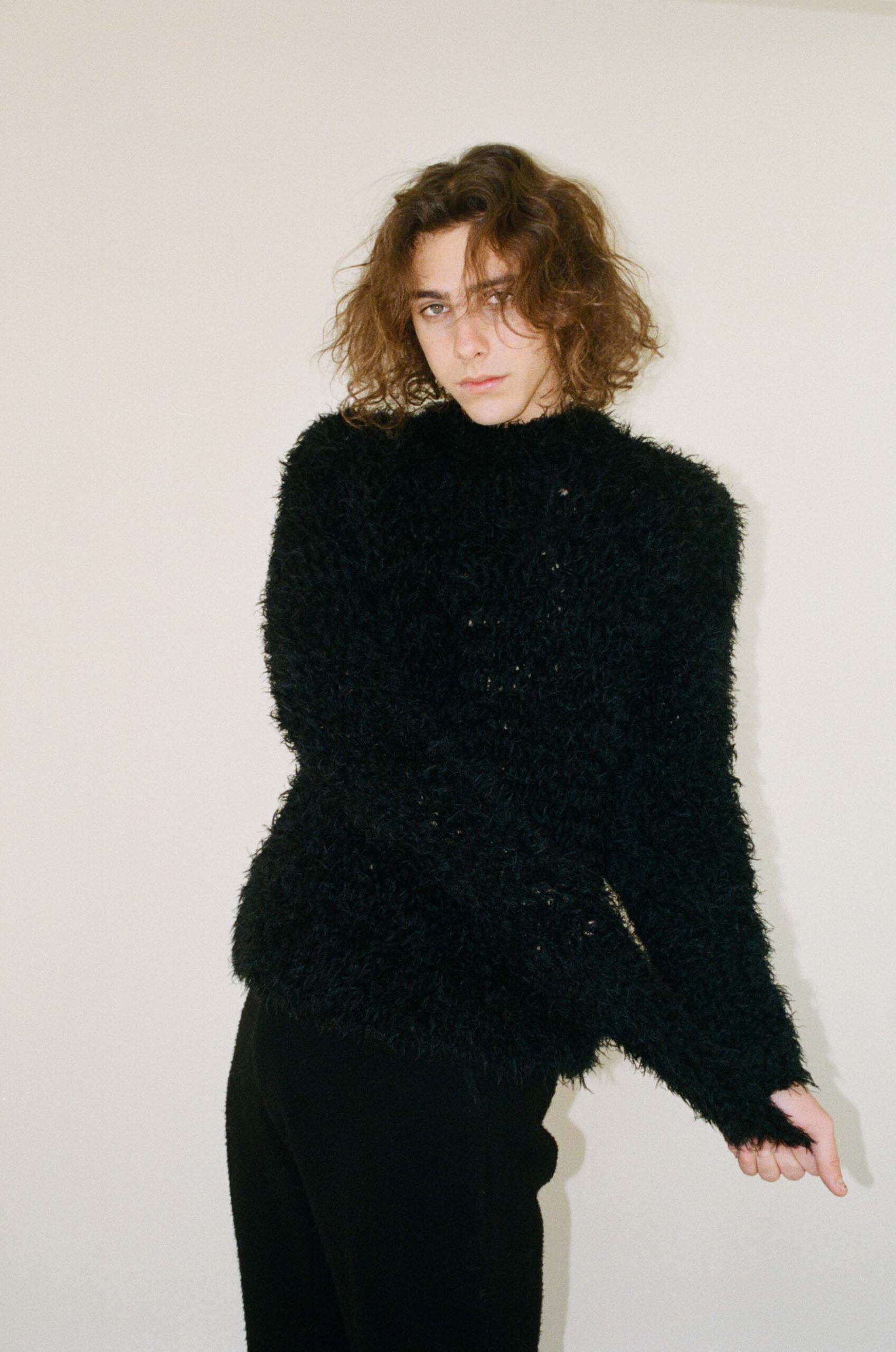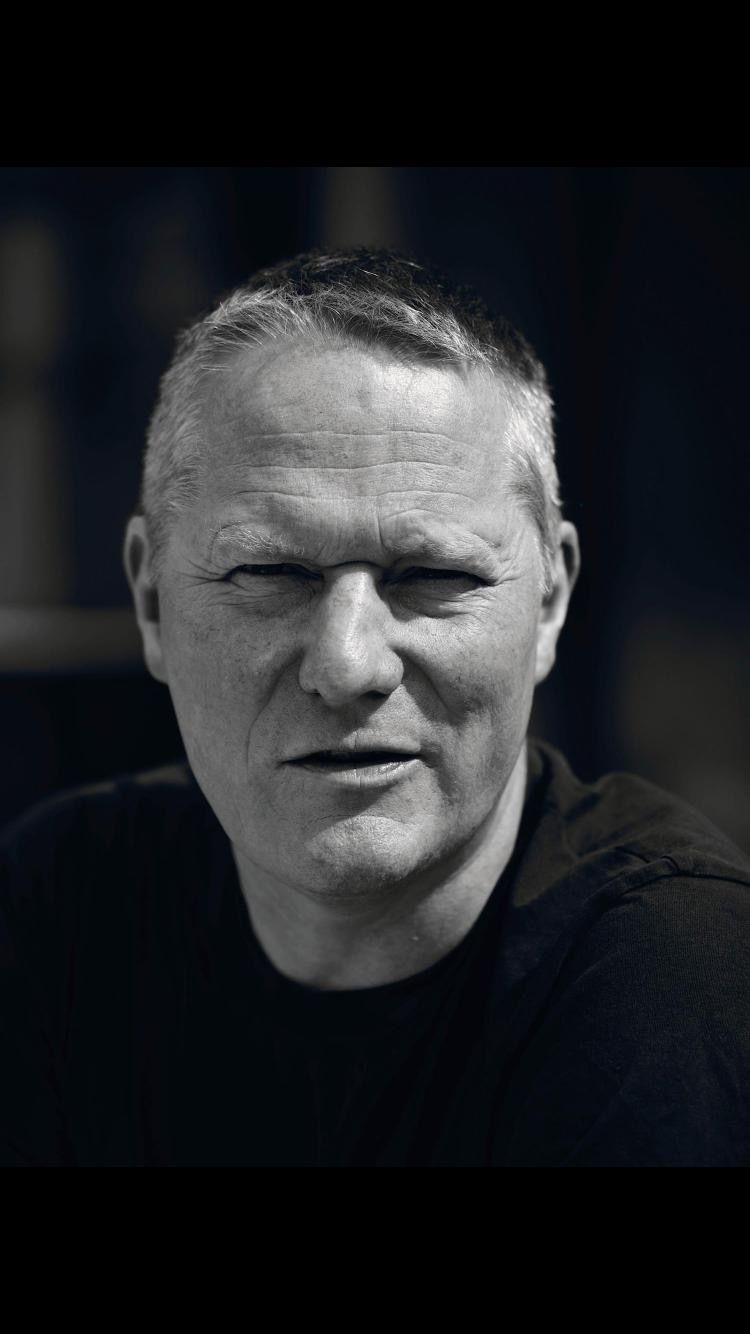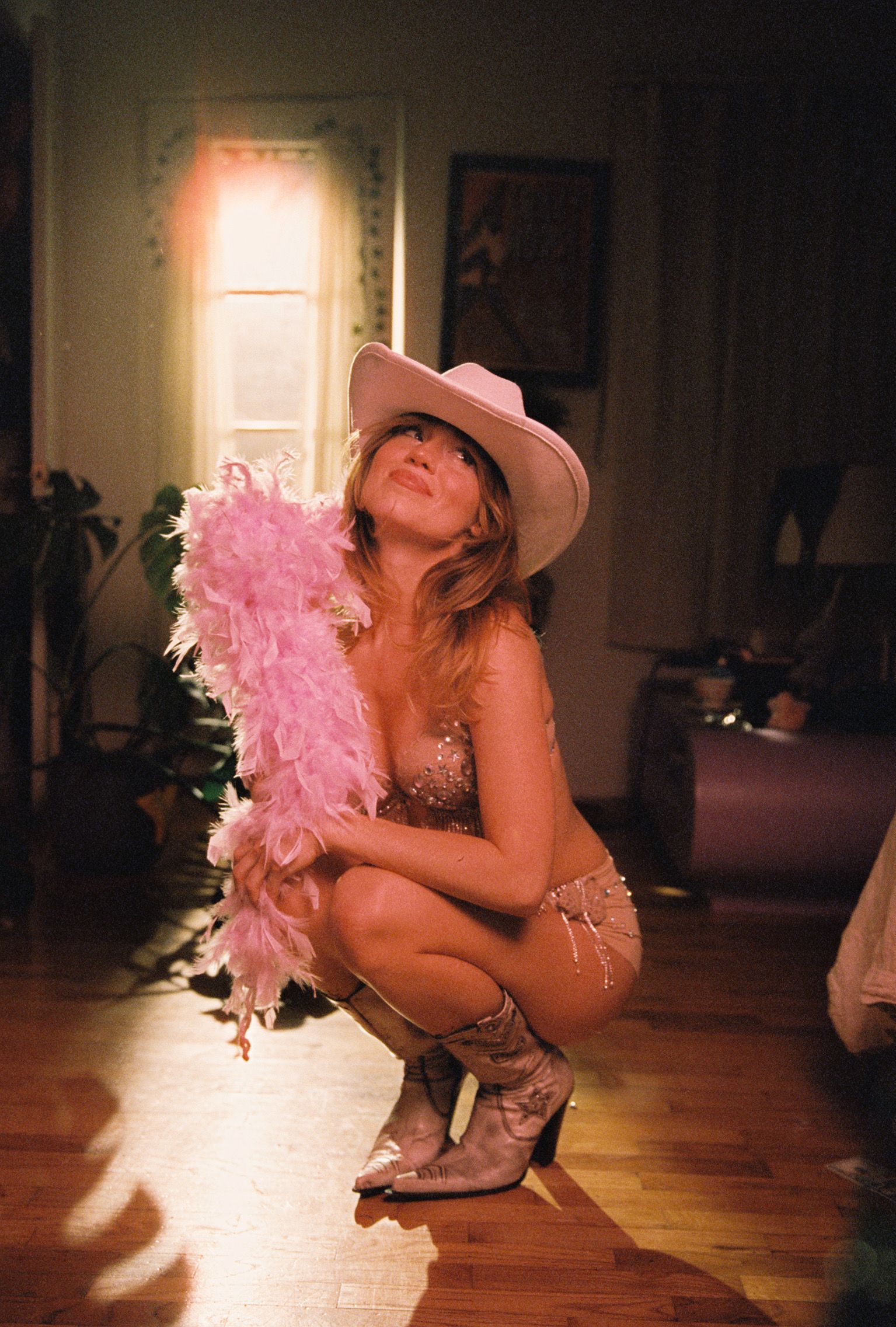What happens when traditionally inspired forms of songwriting meet contemporary ones, when writing methods of classical and jazz meet pop? When well-considered, sky-high levels of ambition become the norm?
It is fascinating, when the artist also happens to have an expert musical ear and understanding. Any vague attempts to answer the questions point towards Eddie Benjamin, to whom the sky only appears to be the limit.
The Australian, former Bondi Beach resident, who now lives in Los Angeles, is super-transparent about the values he embraces, the reverse also applies, he couldn’t be clearer about the elements that have no place in his music.
If collaborating with Earth, Wind & Fire as well as touring with Justin Bieber sound like a perfect ending, it is also essential to note that, for Benjamin, they signify far more of a beginning of an incredibly promising career, and one that has already seen him meet, and work with a growing list of music heavyweights.
With debut album Weatherman due out this month, the singer and songwriter caught up with 1883 to talk about the incoming release, touring North America with the Canadian superstar, his obsession with instruments and arrangements, and the importance of keeping music real.
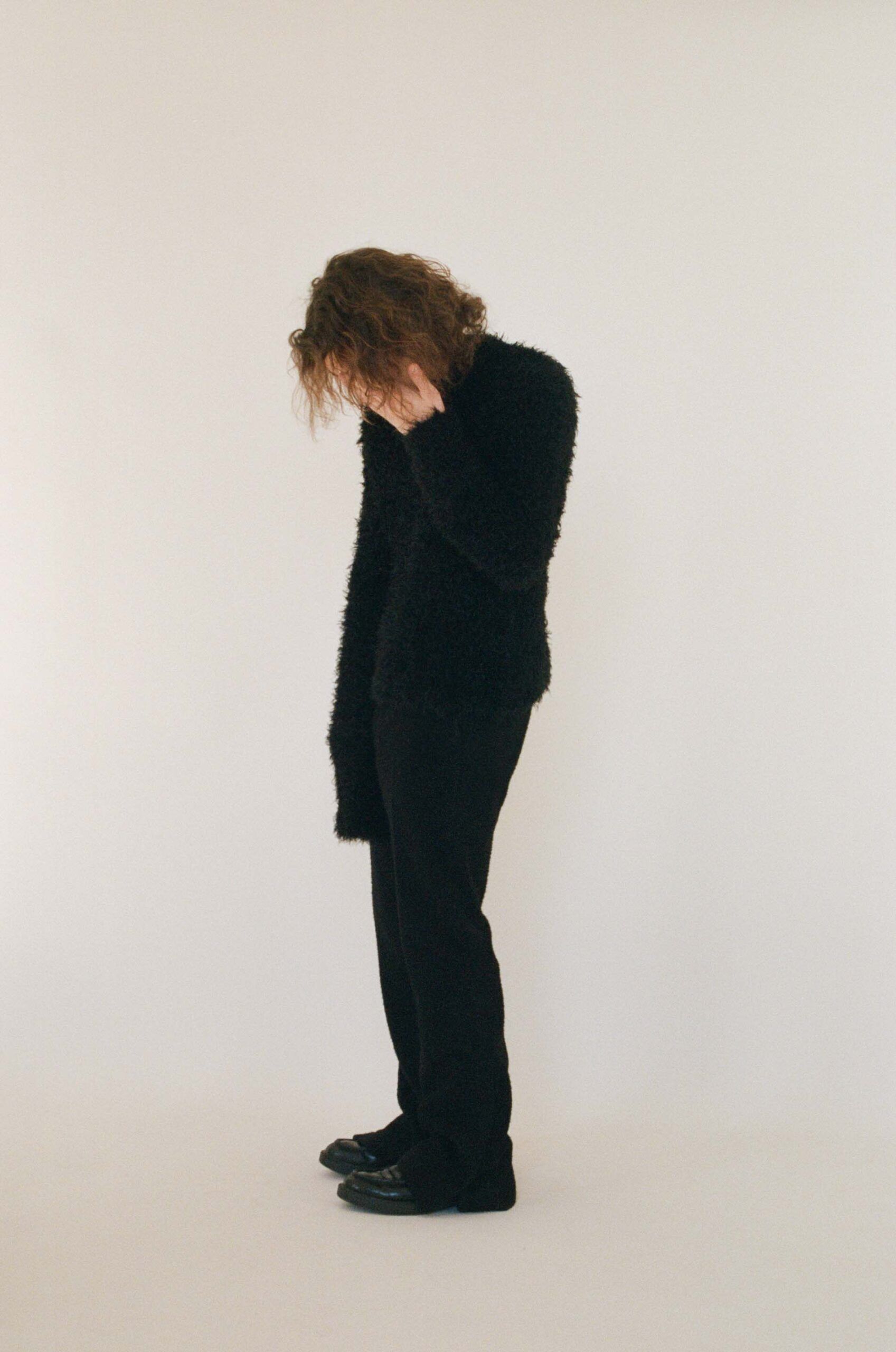
Well done on clocking a tour with Justin Bieber. How is that going?
Keeping your brain in an elastic state, and being able to just go with the flow. You’re on a bus, maybe doing 50 interviews, going to several radio stations, and then back performing more shows. Being able to maintain my emotions – they can be extreme – is important, as I’m up and down. My biggest thing is to find that little groove, I’m not going to pretend I have that shit figured out, I’m just starting. But this is my first tour, and I’m starting to find the flow.
What moments have you enjoyed the most?
Playing LA was just such a big moment, as my label had never seen me play live, so everyone was there. It was a lot of expectation on me, but it went amazingly well, there were two nights, so that also became the biggest challenge.
Those two days were really intense for everyone, it was pretty much like a showcase, but it couldn’t have gone better, it was a huge relief and a real highlight. Playing in Atlanta was also amazing, there was a special energy in the room.
How close are you and Justin Bieber, and how is the relationship?
He’s a good friend. Prior to this, he took me under his wing, he’s a great person to talk to, he has been through everything and is protective because of that. He plays an amazing role for this new generation of artists, and he’s grounded and humble. Every time I watch him go onstage I am reminded of why people connect with him.
He goes out on stage as his pure self every night, he has done that throughout his career. He’s himself to the core, and everyone feels that, you can see how much it means to him, so seeing that every night is a beautiful thing.
What are you learning from this touring experience, musically and personally?
JB makes people so happy, because he really is himself. That’s the biggest thing I’ve learned, the importance of being yourself, it may seem cliched and boring, but it’s true.
When you see it in a simple form like that, it’s really powerful. The first show grabbed me, we had an amazing moment straight after the first show, and that moment was really beautiful.
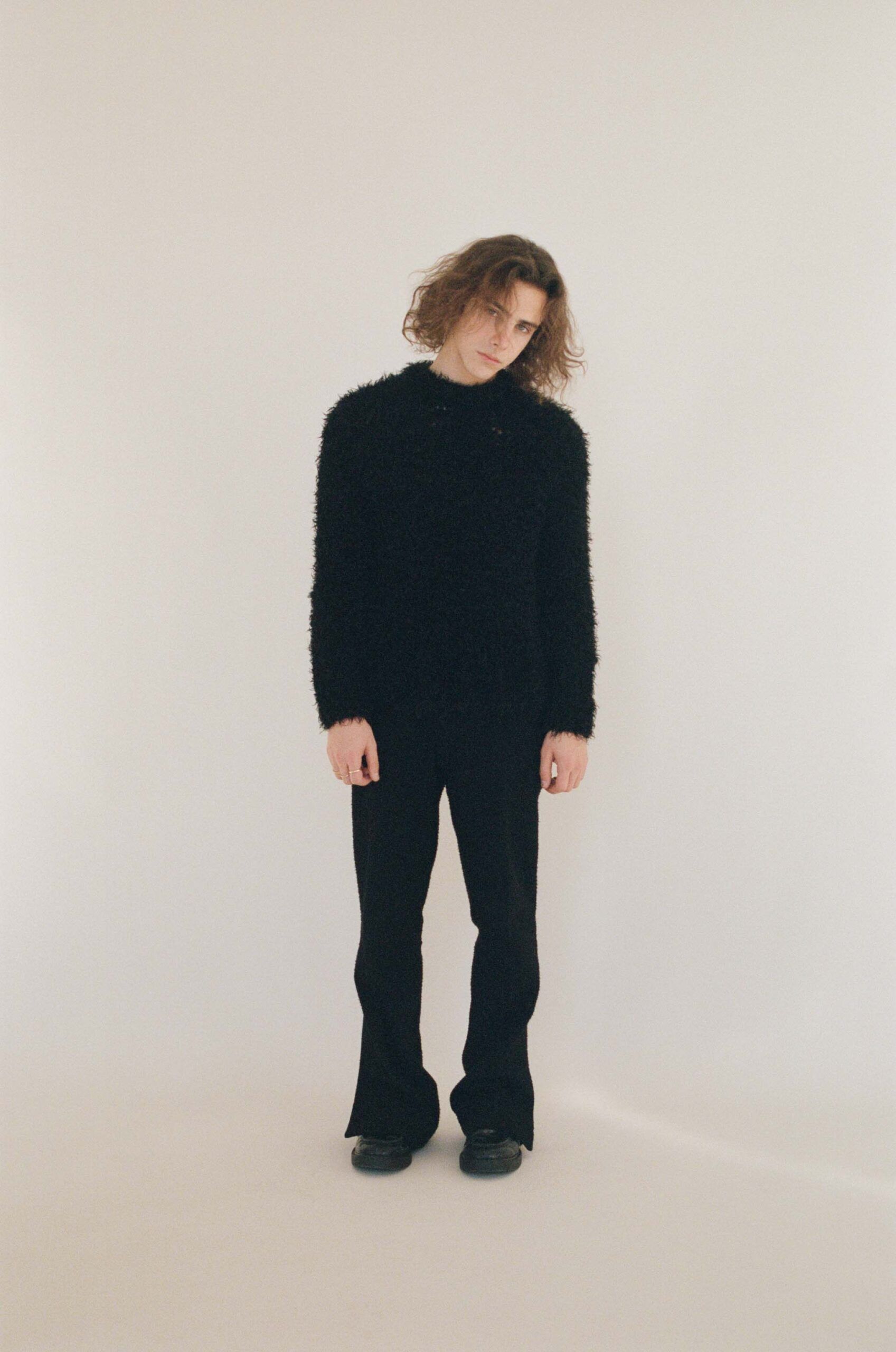
Can you put into words how important performing is? Aware that you have been doing it for a few years.
I love performing, it’s my favourite thing ever, and I’ve been doing it since I was 14, so it’s where I feel at home. Learning from Justin every night was something else. Honestly, just experiencing how open his heart is, and seeing him go up there – as himself.
You are due to release debut album Weatherman, does it have an overall theme?
Yes, it’s a seven-song album. Each song is about a memory, a core experience in my life. It tackles the extremity of emotion, and the songs are about life-changing experiences that I’ve had in some form.
Every song sounds distinct, and together they are inter-linked. Describe what songwriting represents to you?
There’s this John Mayer quote where he goes “The plate is beautiful, but the kitchen is a mess; it’s destroyed, it’s a bomb”, a case of no one knowing what they’re doing. I just love that, some of the best things happen that way, and one knows why.
I come from such a jazz and classical, musically trained background. When I was making this music, it just all melted into these feelings. The song would often dictate the process. So with Weatherman, my sole producer and collaborator – Kid Culture – and I made it together.
You referred to your background in jazz and classical, which is unusual for many musicians in pop and rock.
I got a guitar at the age of 11, and I started playing bass live when I was 13. I got very involved in music theory, jazz, and classical, and I went through all the time periods of classical music, and how to arrange strings. I was obsessed with orchestration, obsessed with the rules, and how to stylistically achieve this.
And a similar thing happened with jazz, I played bass, and I was writing string arrangements for orchestras, I was obsessed with that, too. Honestly, my thought process was, I want to be the best musician in the world, without question. I want all of this, and I spent my childhood studying music to the core.
Your father is also a musician, what direction has his musicianship taken?
He was a successful session and freelance drummer. He worked his way up, and played in some of Australia’s biggest bands, and did some amazing things. He’s played on a number one record, but he was never keen on being a front person, he didn’t want to be in the spotlight. It was a musicianship background.
Your father’s profession and career must have inspired you.
He was on the top of his career, playing stadiums, arenas, and drumming on albums, when he had my sister. At that point he realised he didn’t want to be away for months. When I was born nine years later, he wasn’t touring or playing, but we had drum kits and other instruments around the house. I was never told to pick one up, it just happened. It’s amazing being around a creative family, my mum is a dancer and choreographer.
Tell me about your favourite songwriters, who do you admire?
I look up to the classic artists, I study Quincy Jones and Michael Jackson’s work, and I admire Prince, and Stevie Wonder. These are artists, but I’m talking about their song crafting in particular, the clean arrangements. It’s interesting to observe what makes successful artists, how they embody their songs.
Their songwriting is on a different level, it has got to be a mix of things to make that happen. I got to work with Earth Wind and Fire, and it was really cool, we were arranging a new song. I’ve been in the room with some amazing pop writers, and learning from all of them is special.
Despite a young age, you have met some big artists and songwriters, and some you collaborated with.
I’m not really looking to play music with people, unless there’s a real connection, and it’s a real thing. I’ve been lucky enough, when people have hit me up, we’ve become friends, and they inspire me. It taps into a different part of my brain, where I’ll make a song for them. So in terms of collaboration, I love to sing with friends, and the song has to be real, and they have to feel it, I’m very specific about that.
Vocally, it’s your own craft and style. Did that come from listening to your favourite singers?
It’s a natural thing that I found in myself, when I was little. This record is interesting, touching on the vocal, the way it sounds, because we use zero auto tune, or zero pitch correction on this album. That might not seem crazy, but almost every album now has pitch correction, it means that it follows the way a piano is tuned, and that’s limiting to the ear. You can be less human.
But every layer, everything we record, is more vintage, it sounds more human, getting those details in the recording process, figuring out where to put them, takes time. We were specific about it. When I go in and sing, it happens in a natural way, but the recording, the way it’s processed, is new, and we’re still working that out. Too many details are being thrown away in today’s music, and that’s not what I’m about.
Are you against polished, more manufactured music?
Beyond against manufactured music. Making music is noble no matter what, and it’s terrifying. I respect everyone, who creates music. But it’s hard, when people remake things.
I like pure art. I know when something is real, and I like to focus on that. How do I know? How did I understand what Kurt Cobain was saying, when he played his guitar, when he was angry? I bring that up because, whenever he played guitar solos, everything sounded clean, but confused, and that’s where music gets interesting. That’s when you know it’s real.
The single Weatherman is out now, follow Eddie via @eddiebenjamin
Interview Susan Hansen

